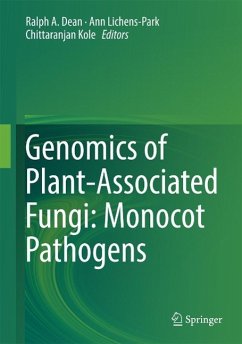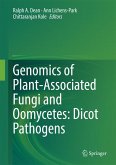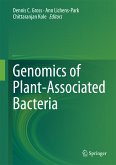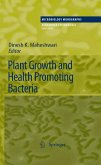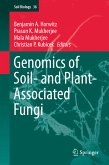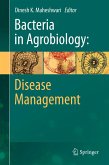This book describes how genomics has revolutionized our understanding of agriculturally important plant-associated fungi. It illustrates some fundamental discoveries about these eukaryotic microbes with regard to the overall structure of their genomes, their lifestyles and the molecular mechanisms that form the basis of their interactions with plants. Genomics has provided new insights into fungal lifestyles and led to practical advances in plant breeding and crop protection, such as predictions about the spread and evolution of new pathogens.
This volume focuses on fungi that are important cereal and other monocot plant pathogens, and includes: Pyrenophora tritici-repentis, Cochliobolus sp., Colletotrichum sp., Fusarium graminearum, Mycosphaerella graminicola and Mycosphaerella fijiensis, Magnaporthe oryzae, Blumeria graminis, and Puccinia graminis.
Dieser Download kann aus rechtlichen Gründen nur mit Rechnungsadresse in A, B, BG, CY, CZ, D, DK, EW, E, FIN, F, GR, HR, H, IRL, I, LT, L, LR, M, NL, PL, P, R, S, SLO, SK ausgeliefert werden.

